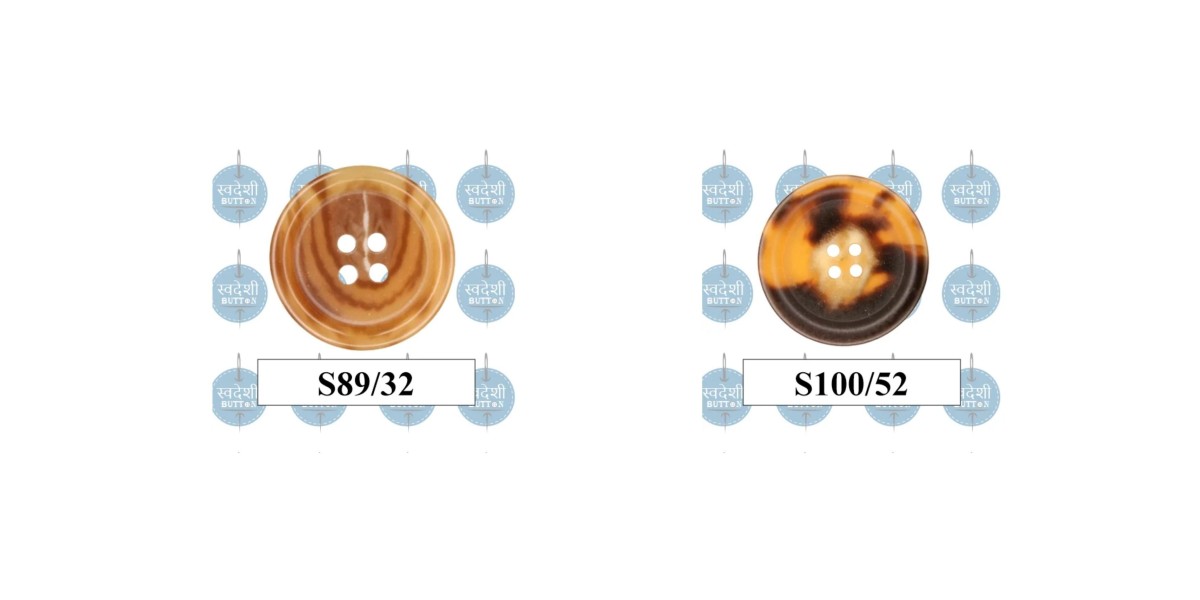Rotary kiln waste incinerators are advanced thermal treatment systems designed for the safe and efficient disposal of a wide variety of hazardous and non-hazardous waste. These systems are known for their continuous operation and high combustion efficiency, making them a preferred choice for large-scale industrial, municipal, and medical waste management. A rotary kiln incinerator operates by rotating a cylindrical drum at a controlled speed, allowing waste materials to be constantly mixed and evenly exposed to high temperatures. This process ensures complete combustion and minimizes the release of harmful emissions.
The core of the rotary kiln incinerator is its rotating combustion chamber, which can handle solid, liquid, and gaseous waste simultaneously. The kiln is typically lined with refractory materials that can withstand extreme temperatures ranging from 800°C to 1200°C. The rotary motion improves heat distribution and maximizes contact between the waste and the combustion air, promoting efficient and thorough incineration. This technology is particularly effective for processing complex or heterogeneous waste streams, such as chemical residues, medical waste, industrial sludges, and contaminated soils.
In addition to stationary rotary kiln units, mobile incinerator models are increasingly being adopted for field applications and remote locations. These mobile incinerators offer flexible and on-site waste management solutions where fixed facilities are not practical. They are equipped with the same robust rotary kiln mechanism and are mounted on transportable platforms for ease of deployment. Mobile rotary kiln incinerators are ideal for use in emergency response scenarios, military bases, disaster zones, and temporary industrial sites.
Environmental compliance is a major advantage of rotary kiln incineration systems.
These units are typically equipped with secondary combustion chambers, air pollution control systems, and real-time monitoring devices. This ensures that the incineration process meets stringent regulatory standards for air emissions, including the reduction of dioxins, furans, and particulate matter. The high combustion efficiency of rotary kilns translates to minimal ash residue, reducing the burden of post-treatment and disposal.
Another benefit of rotary kiln incinerators is their adaptability to various fuel sources and automation systems. Whether powered by natural gas, diesel, or alternative fuels, these incinerators can be customized to meet specific operational requirements. Additionally, automated control systems allow for precise temperature management, feed rate control, and emission monitoring, ensuring consistent performance and operator safety.
The durability and long service life of rotary kiln incinerators make them a cost-effective investment for long-term waste management. With proper maintenance and operation, these systems can handle continuous loads over extended periods, offering reliable waste destruction and volume reduction.
Conclusion:
Rotary kiln incinerators combine robust design, high combustion efficiency, and environmental safety, making them indispensable for effective waste management. Their adaptability in both stationary and mobile formats ensures reliable performance in diverse settings. For industries and institutions seeking advanced disposal solutions, rotary kiln technology offers a proven and sustainable choice.







